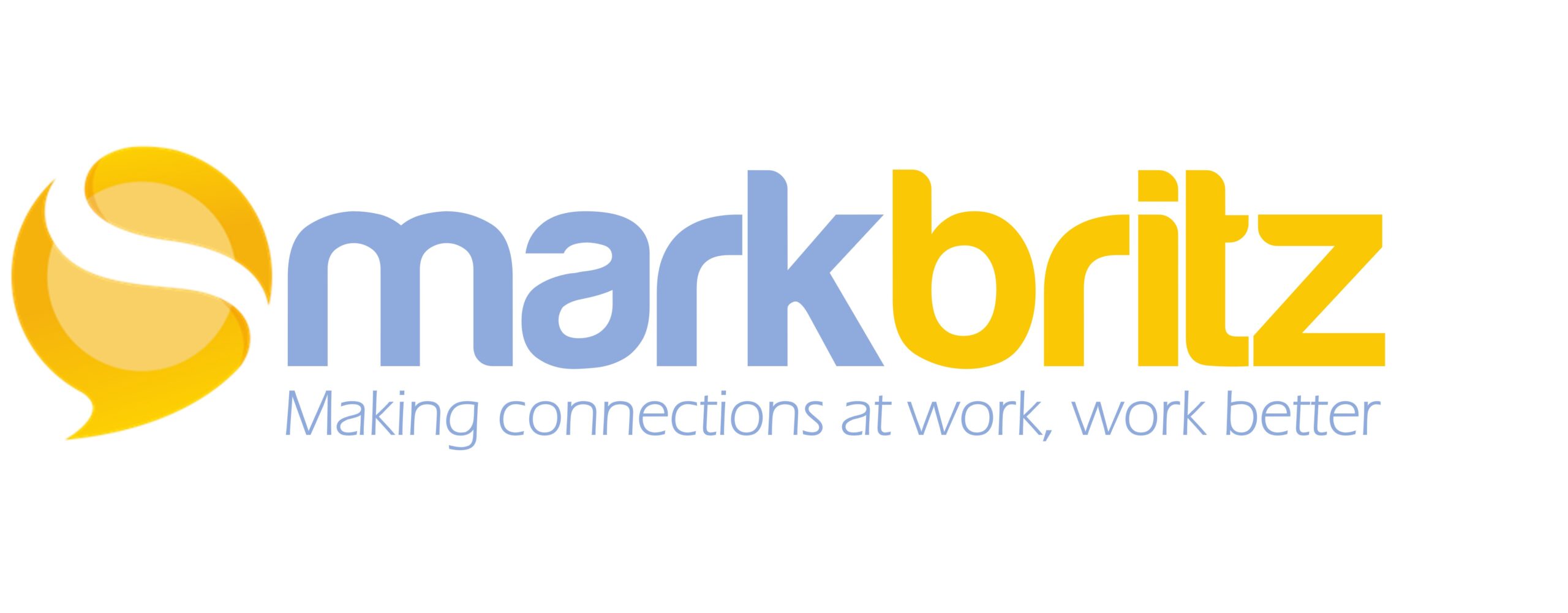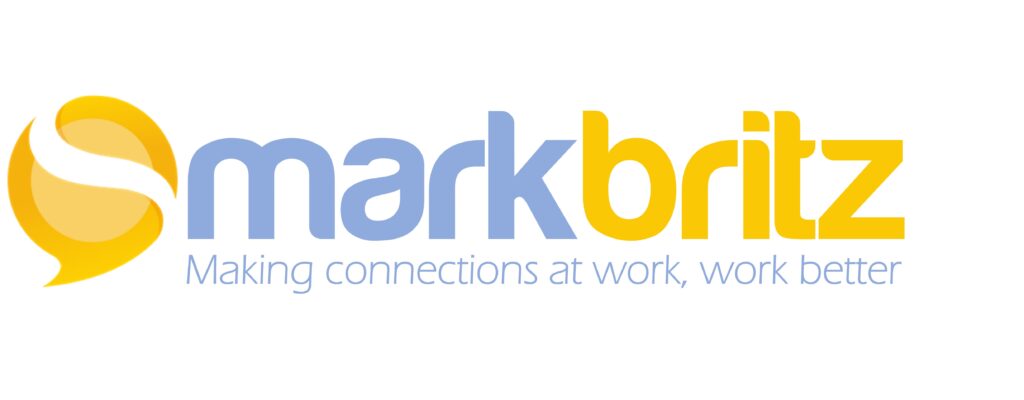I know full well that in enterprise social-land the idea of not using every function would be criminal to many. For them it’s just been assumed to be necessary or at least the ESN vendors like to make you think so. For the powers that be, closed groups contain specific people (executives perhaps), initiatives not ready for prime time, specific topics under consideration, maybe a CoP or CoI. They are also great for easing newbies into an organization. I get it. It’s really comfortable almost natural to find your tribe and stay in your lane as well. But social tech in organizations is the opportunity to be an alternative to the policy, systems and structure of organizations. Molding social tech to fit the corporate design (silos) negates the real potential it holds.
– Social behavior is the key element of the wirearchy undercurrent to hierarchy. Social tech extends and expands it.
– Social tech is supposed to cut across silos not support them or worse create all new ones.
– Closed groups are a safe play but safe has never made a real difference to challenging the status quo that so many leaders say they want or need.
– True social is about openness, authenticity, and honesty. And yet in a typical company’s design these things are not easy and tech shouldn’t be used to make is so.
That last point needs some clarification – tech shouldn’t be easy? Harold Jarche often reminds that work is learning and learning is the work. Building real, trusted networks takes work. I’d rather people struggle with modern knowledge management processes and navigate large scale digital conversations with careful selection than simply click a button and disappear into the recesses of some private space.
My take? Social in organizations, like real life relationship building, should take work and using social tech should involve some rigor to build meaningful networks not just get work done. In the long run these deeper activities build stronger, necessary skills. If you already have closed groups now in your ESN, I’d argue that the act of removing them would be a catalytic mechanism that can have far reaching, unforeseen and positive impacts.
Yes, it may be uncomfortable but if we want the openness that we crave and achieve the innovation and creativity we need then just say no and better support people in finding their way in wallless garden.

